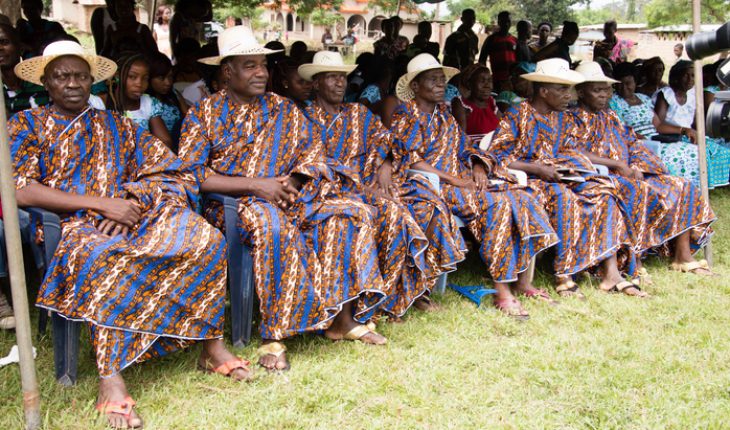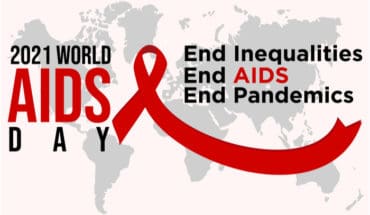The population of people who are living with HIV and AIDS is ageing fast. This reflects the ‘good news’ story of the effectiveness of anti-retroviral drugs that have meant that many people with HIV now have a near-normal life expectancy. However, part of this growth is also new infections in the older age group, accounting for 17 per cent of all new HIV diagnoses in 2015 in the US. The trend is seen most clearly in developed countries, where people have better access to high quality health care, but is also replicated around the world. Over 30 million people in Sub Saharan Africa are now living with HIV and 10 per cent of them are over 50.
Over 30 million people in Sub Saharan Africa are now living with HIV and 10 per cent of them are over 50.
Short of someone finding a cure for HIV, we now have to face the issue of how we are going to provide them with the right care and support in the decades to come. This is both a challenge and an opportunity. We need to ensure that the health services are tailored to the different needs of people who are entering retirement and may have other issues to deal with including co-morbities that come with age, and social isolation.
Useful data comes from the three Research on Older Adults with HIV (ROAH) studies which have taken place over the last 10 years. In the US in 2006, a comprehensive research study of 1000 people over the age of 50 living with HIV in New York City (two thirds were heterosexual men and women and one third were gay or bisexual men) found that this group were more likely to suffer from severe depressive symptoms than older adults who did not have the virus. In 2013, a similar study was carried out in Uganda and South Africa in 2015, and there too, depression and isolation were more common in older adults with HIV. So, what we know is that older people with HIV have complex mental health needs, wherever they are. The populations that were looked at in Africa were all receiving care in clinics and hospitals and were using antiretroviral drugs under supervision. (This does make them a privileged group since many people in Africa with HIV don’t have such good access and many ‘share’ antiretroviral drugs.) Depression can be caused by feeling of loneliness, social isolation and less cohesive social networks, and HIV stigma.
Depression is one of the factors that makes it less likely that someone will stick to their drug regimen and this can have knock-on effects on their overall health.
Depression is one of the factors that makes it less likely that someone will stick to their drug regimen and this can have knock-on effects on their overall health.
Depression can also help to suppress the immune system and is linked to neurodegenerative effects. So depression in older adults with HIV should be treated as a priority. People with HIV are less likely to get care and support from close family members – instead relying of neighbours and friends. Although this is important, it is not always enough and falls short of the care that families typically provide.
The three ROAH studies also found that people with HIV were more likely to have a number of other co-morbidities that affect their health. The highest rates of co-morbidities were found in those people surveyed in Uganda, followed by those in the United States and the fewest were found amongst older people living with HIV in South Africa.
Osteoporosis, or brittle bone disease, may be one of the potential side effects of taking antiretroviral drugs and this does tend to worsen with advancing age. Cardiac problems are another issue related to aging with HIV. Chronic inflammation is common in all older adults with HIV. The drugs may be keeping the viral load levels down but the immune system of an infected individual stays on high alert, which creates a situation where chronic inflammation can occur. Opportunistic cancers may also develop when the immune system is focusing its efforts elsewhere.
Eleven years after we did our ROAH study in New York City, we are in the process of replicating it to see what has changed, and what has stayed the same. Although we have not yet reported any results, anecdotally I can say that one of the things that we hear over and over again is the lack of opportunity older people with HIV have to socialise and feel a sense of community. Because of the stigma associated with this infection, many older people withdraw from social life. Although there are more opportunities for people in cities like New York, there is virtually nothing available to these groups in Africa and other areas where resources are low. In resource-rich settings, we can do many things to improve the situation including ensuring that there are targeted health and treatment programmes for older adults with HIV as well as joined up thinking between HIV and ageing service providers. In resource-poor settings, the challenges are greater still. How do we build an infrastructure of care and support for all older adults with or without HIV?
- Ageing with HIV - 18th April 2017







